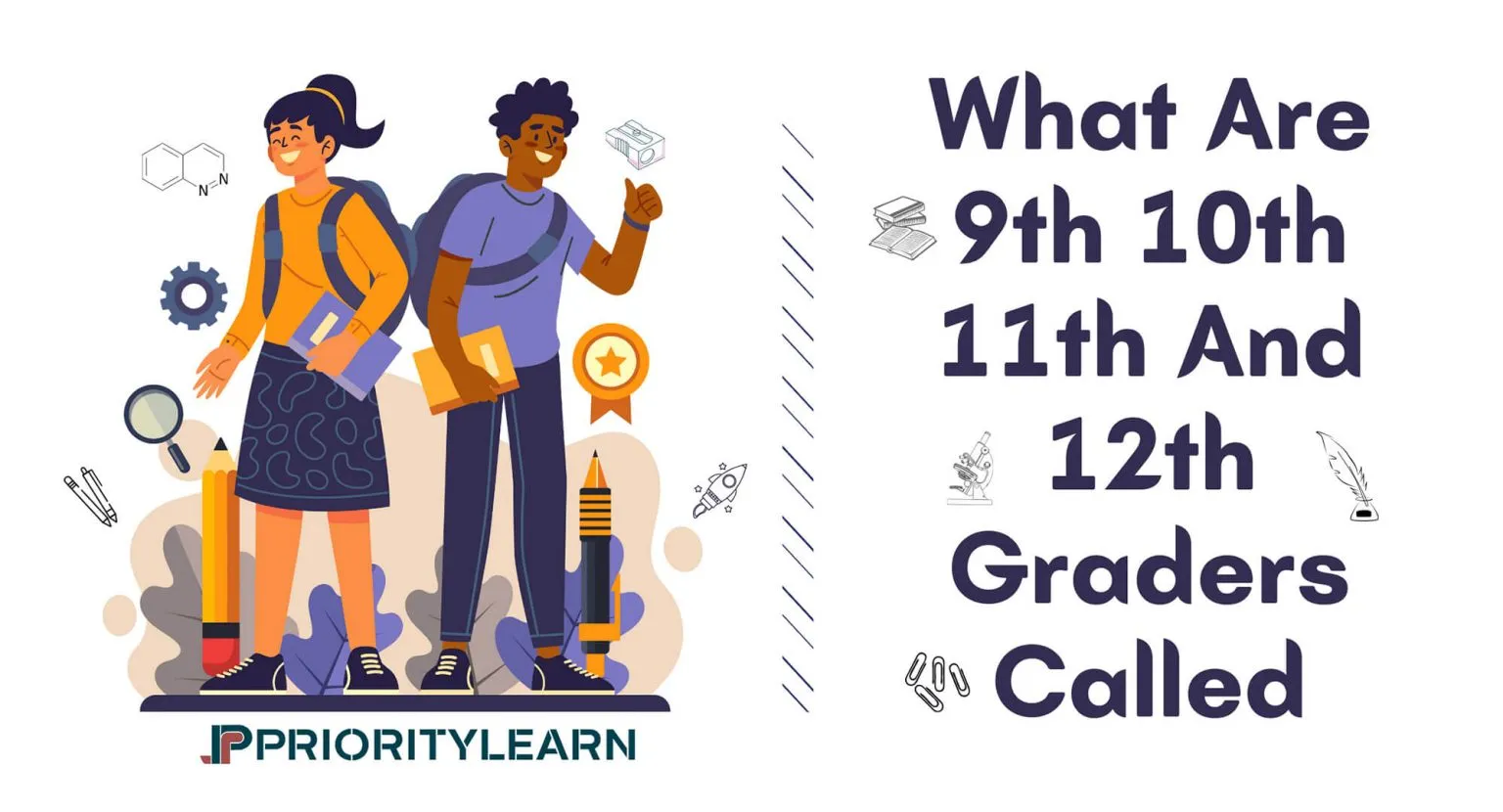High school is a pivotal time in a student’s academic journey, marking a period of significant growth and exploration. From academic challenges to personal development. The 9th-12th grade years lay the foundation for future success. This guide aims to provide students with valuable insights and strategies to navigate the complexities of high school effectively.
Understanding High School Dynamics
The 9th-12th, High school encompasses more than just academics; it’s a multifaceted experience that shapes students both intellectually and socially. Understanding the dynamics at play is crucial for thriving during these transformative years.
Academic Excellence and Personal Growth
- Active Learning: Emphasize the importance of actively engaging with course materials, participating in class discussions, and seeking clarification when needed.
- Self-Advocacy: Encourage students to take ownership of their education by asking questions, seeking help from teachers and peers, and advocating for their academic needs.
- Exploration and Discovery: High school provides opportunities for students to explore diverse subjects, interests, and extracurricular activities, fostering personal growth and self-discovery.
Strategies for Success
- Effective Time Management: Help students develop time management skills by creating schedules, prioritizing tasks, and setting realistic goals to balance academics, extracurriculars, and personal commitments.
- Building Support Networks: Foster positive relationships with teachers, counselors, mentors, and peers to access support, guidance, and mentorship throughout high school.
- Goal Setting and Reflection: Encourage students to set SMART (Specific, Measurable, Achievable, Relevant, Time-bound) goals, regularly assess their progress, and adapt strategies as needed to stay on track.
Also read this" The Volumetric Flask: A Crucial Laboratory Instrument "
Conclusion
Navigating high school successfully requires a combination of academic diligence, personal growth, and proactive engagement. By embracing opportunities for learning, seeking support, and setting meaningful goals, students can make the most of their 9th-12th grade experience, laying the groundwork for a bright and promising future. As students embark on this transformative journey, may they approach each challenge with resilience, curiosity, and a commitment to excellence.
Frequently Asked Questions (FAQs)
1. How can I balance academic responsibilities with extracurricular activities?
- Prioritize tasks, create a weekly schedule, and communicate with teachers and coaches to manage time effectively and avoid burnout.
2. What resources are available to help with college and career planning?
- Utilize school counselors, college guidance offices, online resources, and career exploration tools to research colleges, scholarships, and career pathways.
3. How important are grades in high school for future success?
- While grades are important, they are not the sole determinant of success. Focus on personal growth, skill development, and learning experiences that extend beyond the classroom.
4. How can I overcome academic challenges and setbacks?
- Seek support from teachers, tutors, or academic support services, develop a growth mindset, and persevere through challenges with resilience and determination.
5. What role do extracurricular activities play in college admissions?
- Extracurricular activities demonstrate a student’s interests, passions, leadership skills, and commitment to their community, enhancing college applications and providing a well-rounded profile.
